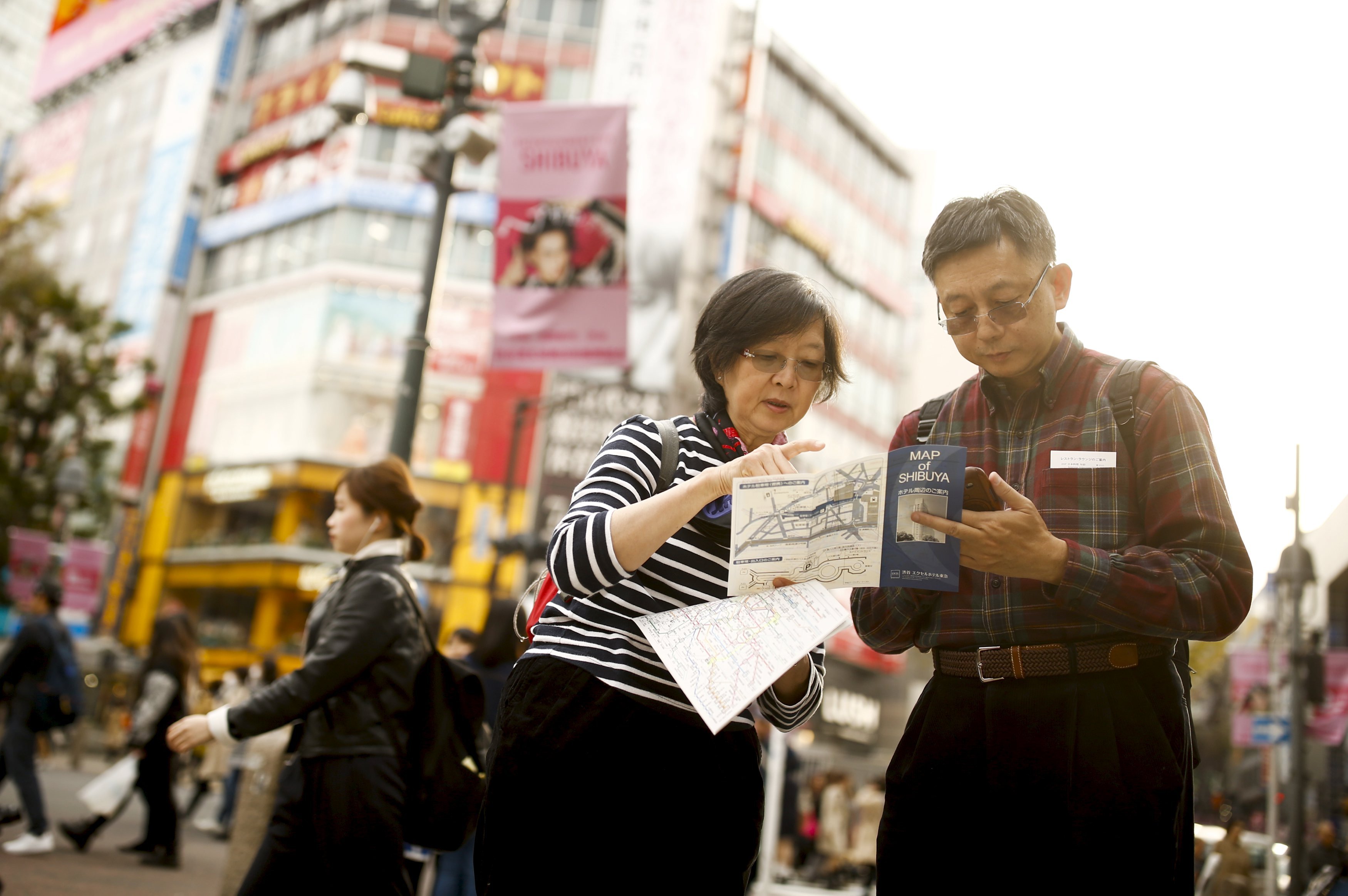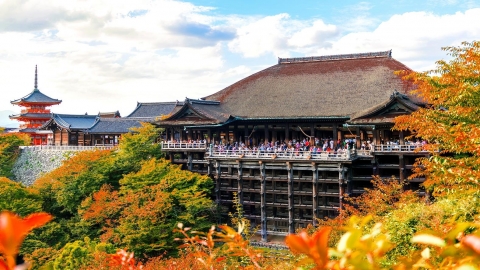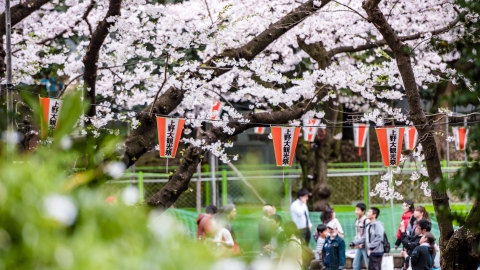This year marks the second consecutive year that Japan has ranked highest on the Passport Index by Henley & Partners, an investment and immigration consulting firm. According to the index, Japanese citizens can travel to 190 out of 199 countries and regions worldwide without needing a visa.
In the 2019 ranking, Singapore also tied for first place with Japan. South Korea came in second with visa-free access to 188 countries and territories, while the US and UK only ranked 15th on the list.
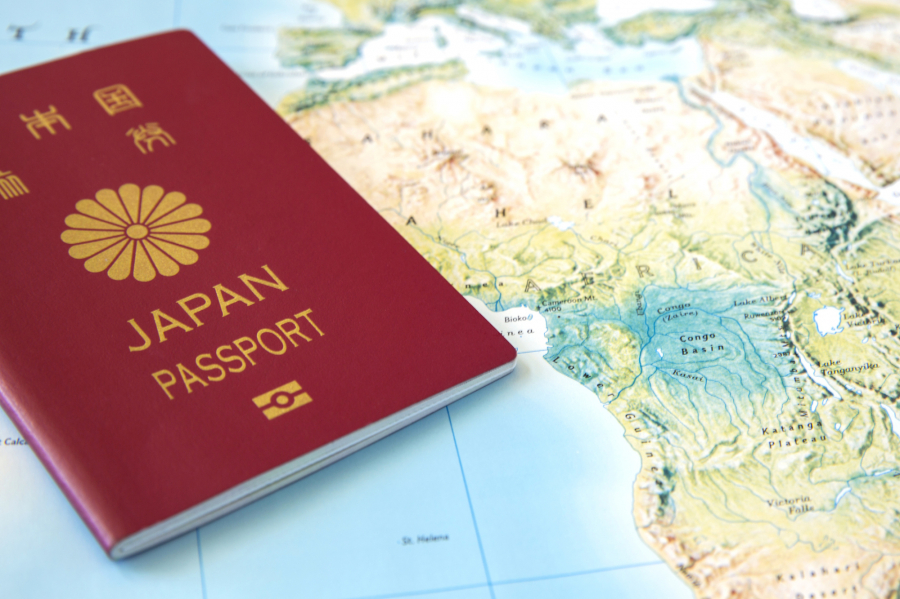
Despite enjoying the highest level of freedom to travel anywhere in the world with ease, the Japanese seem... unconcerned. This is evidenced by the fact that only 23% of Japanese citizens possess a passport, according to Nikkei Asian Review statistics. This is the lowest passport ownership rate among the G7 industrialized nations. The question is:Why are most Japanese people uninterested in traveling abroad?
One major reason cited by analysts is Japan's aging population. As of the end of 2018, the Japanese Ministry of Internal Affairs and Communications reported that the proportion of elderly people in Japan's population was the highest in the world. The number of people aged 65 and over reached a record 35.57 million, an increase of 440,000 from the previous year, and now accounts for 28.1% of the total population. In some prefectures in Japan, this figure even exceeds 30%. The National Institute for Population and Social Security Research estimates that this proportion will reach 35.5% by 2040.
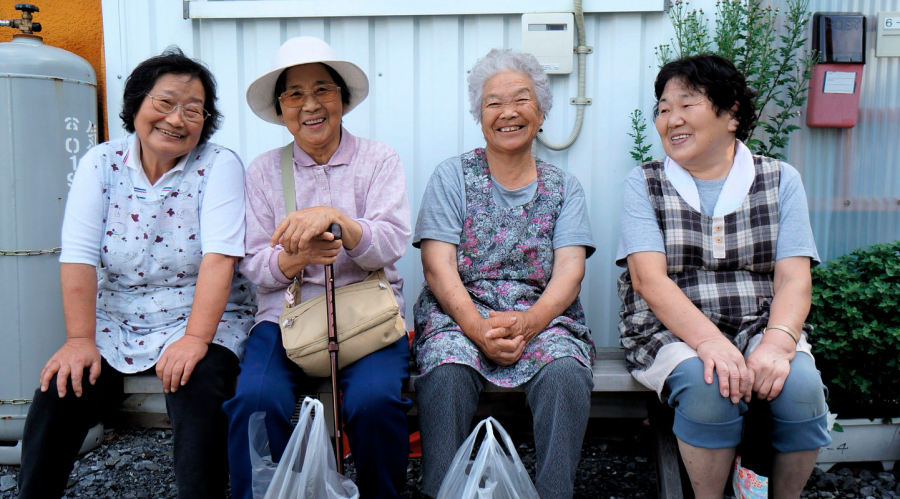
People over 65 years old account for 28.1% of Japan's total population.
With such a rapidly aging population, most Japanese people tend to travel and vacation only within Japan or to neighboring countries such as South Korea, Taiwan, and Hong Kong… This is because the elderly cannot guarantee their health while the younger generation is too busy with work or taking care of their families.
Furthermore, another major reason stems from culture: Japanese people are often anxious or fearful of unexpected dangers associated with travel. Historically, Japan has consistently been ranked as one of the safest countries in the world. This safety, combined with their inherent cautious nature, leads Japanese people to worry, even fear, about the potential for insecurity in new destinations.
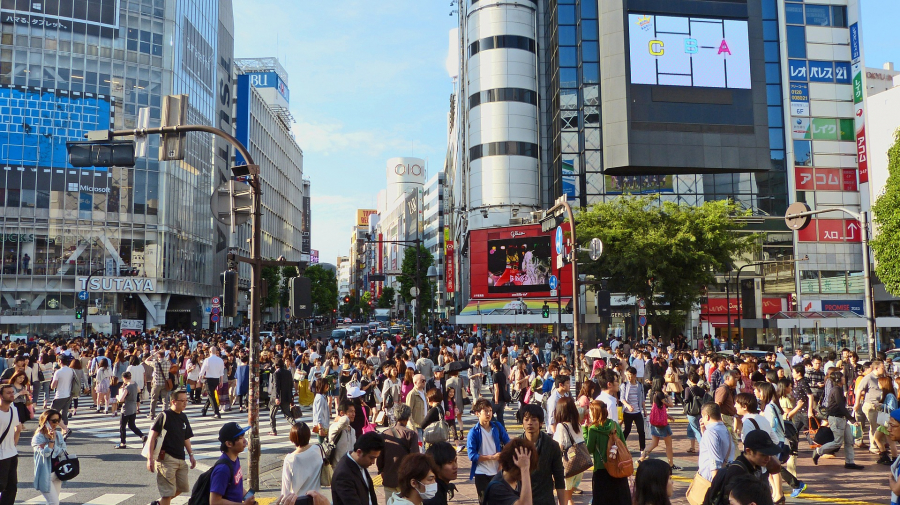
The busy life of the Japanese
Immigration expert Xiaochen Su shared his thoughts on this issue in the Japan Times in March 2019. The series of books titled "Chikyu no arukikata" (roughly translated: How to Walk on Earth) is a bestseller of world travel guides in Japan for the past 35 years, with 8 million copies published. In these books, Japanese authors meticulously describe the negative aspects, risks, and even dangerous crimes that can occur while traveling to various destinations around the world. This has inadvertently reinforced the apprehension and created the perception among Japanese youth that "traveling is fraught with danger."
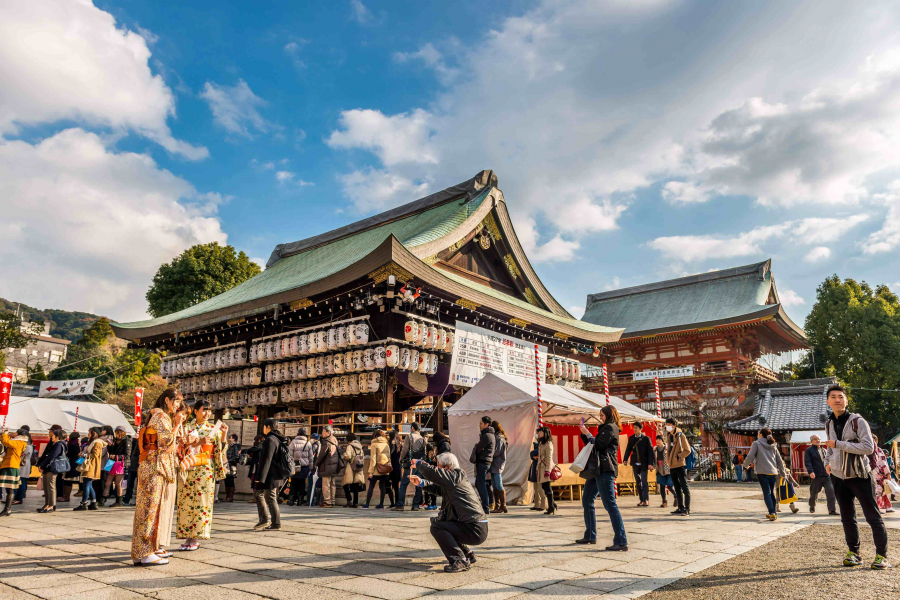
Japan's tourism industry is highly developed.
Meanwhile, in the opposite direction, tourism in Japan increased by 250% from 2012 to 2017. This trend is expected to continue with the Tokyo Olympic Games in the summer of 2020.

 VI
VI EN
EN



